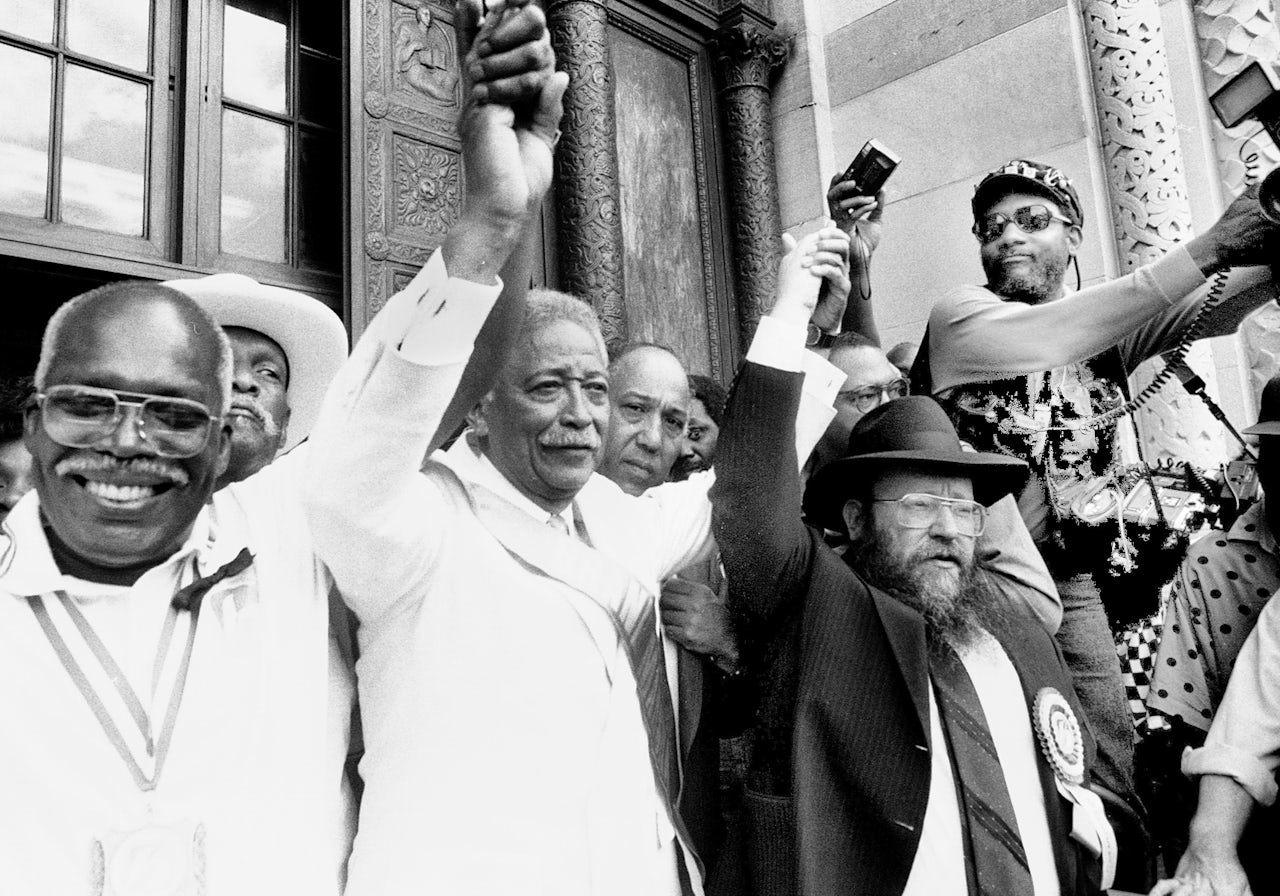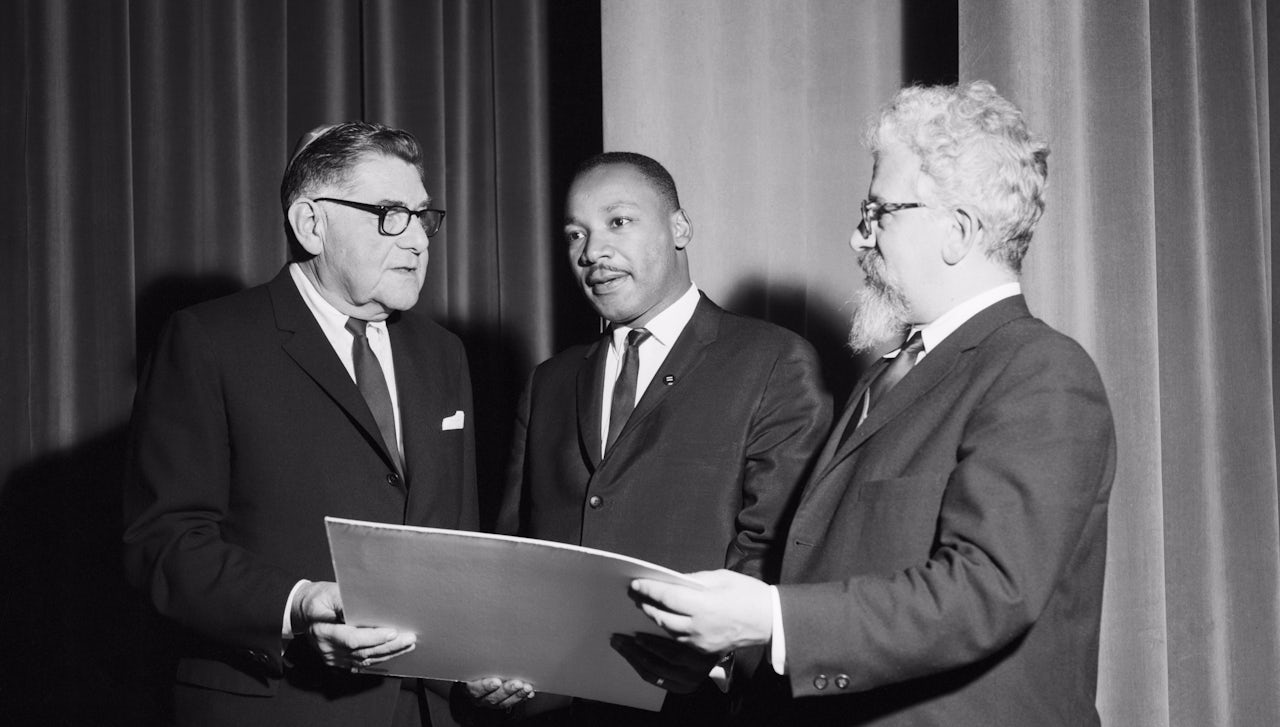From the Women’s March to the Charlottesville “Unite the Right” rally, this year has brought divisions between black and Jewish Americans into stark relief. On one side of the issue, we have those who see white Jews being left out of the social justice conversation, despite the fact that they too face marginalization and are increasingly the target of religiously motivated hate crimes. On the other side are those who see white Jews obscuring their white privilege while distracting from Trump’s most frequent targets, Muslims and people of color.
The divide between black people and white Jewish people has even hit the pop culture mainstream. After the release of 4:44, Jay Z was accused of anti-Semitism for a line on his song “The Story of OJ”: “You wanna know what’s more important than throwin’ away money at a strip club? Credit / You ever wonder why the Jewish people own all the property in America? This how they did it.” Jay Z responded to the criticism, calling it “ridiculous” and saying the line was taken out of context.
The complicated relationship between black communities and white Jewish ones is at least a century old. Recent discussions of that relationship serve to highlight just how little of that history is common knowledge today.

